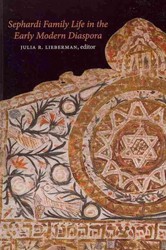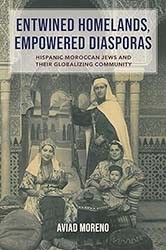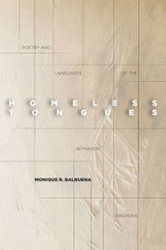The year 1492 has long divided the study of Sephardic culture into two distinct periods, before and after the expulsion of Jews from Spain. David A. Wacks examines the works of Sephardic writers from the 13th to the 16th centuries and shows that this literature was shaped by two interwoven experiences of diaspora: first from the Biblical homeland Zion and later from the ancestral hostland, Sefarad. Jewish in Spain and Spanish abroad, these writers negotiated Jewish, Spanish, and diasporic idioms to produce a uniquely Sephardic perspective. Wacks brings Diaspora Studies into dialogue with medieval and early modern Sephardic literature for the first time.
Join a community of readers who are committed to Jewish stories
Sign up for JBC’s Nu Reads, a curated selection of Jewish books delivered straight to your door!





